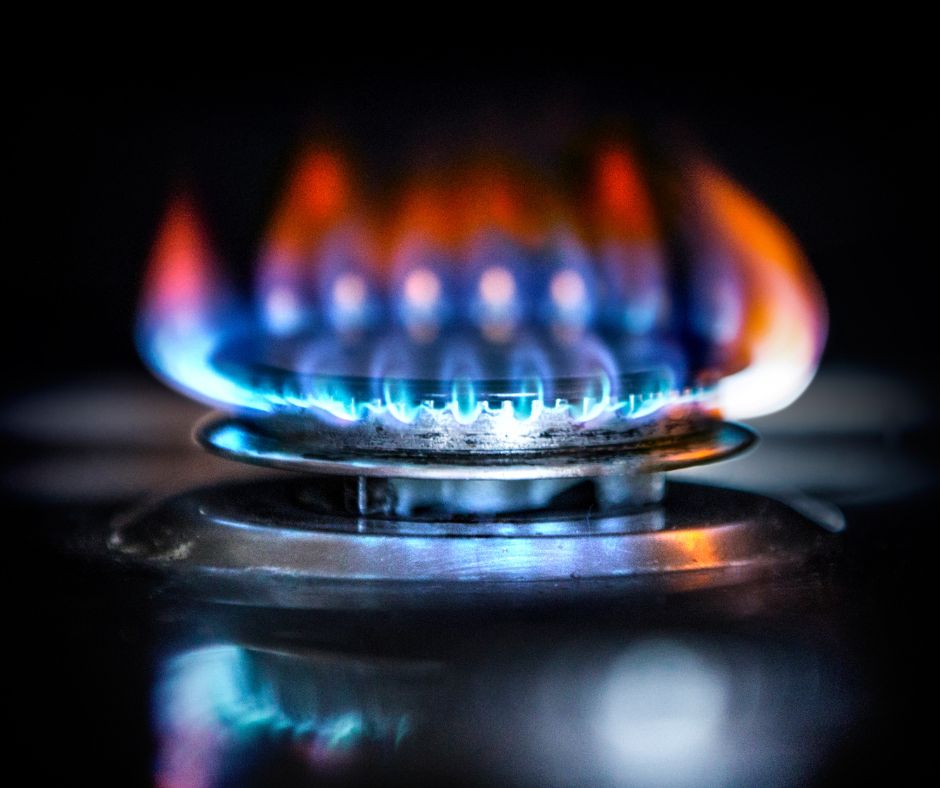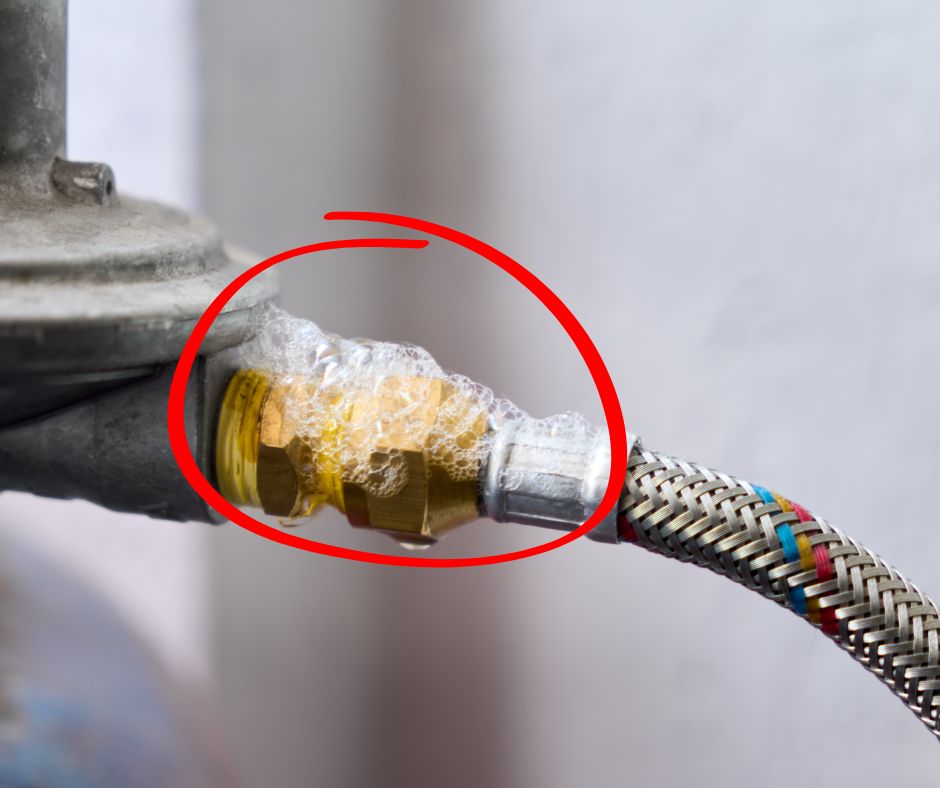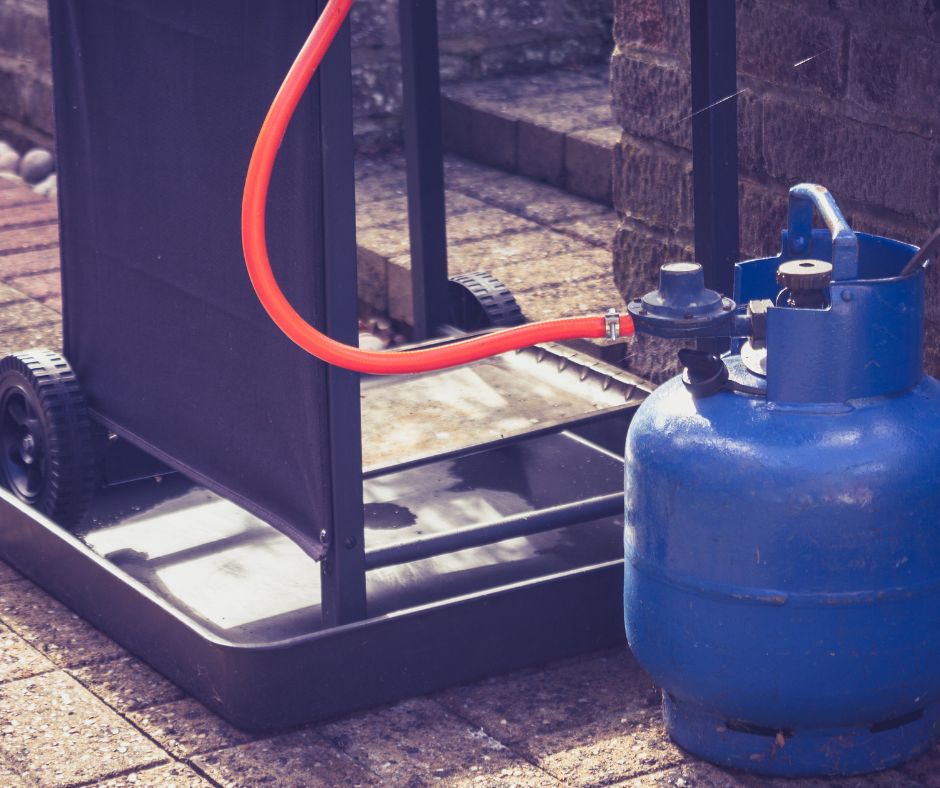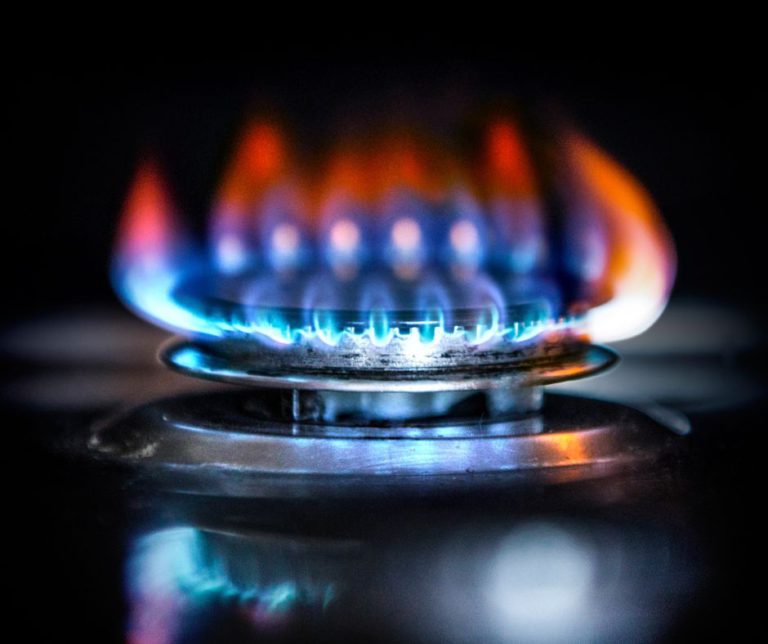Crucial Strategies for Detecting Gas Leak Hazards in Your Wollongong Home to Enhance Safety
Recognising the typical signs of a gas leak is essential for protecting your health and the safety of your family. If you detect a strong scent akin to rotten eggs, hear a hissing or whistling noise near your gas appliances or piping, notice yellow or orange flames instead of the usual blue, or feel frequent unexplained headaches or dizziness, these could be significant indicators of a gas leak. Furthermore, any wilting plants near outdoor gas lines may signal a serious issue. Should you observe any of these alarming signs in your Wollongong residence, it’s critical to turn off your gas supply at the meter, ensure proper ventilation by opening windows, and immediately contact a qualified gasfitter for professional help.

Recognising When to Call a Gasfitter for Immediate Gas Leak Assistance
Experiencing a gas leak is a critical situation that demands immediate action; delaying could have severe repercussions. Even a single spark can turn a seemingly secure household into a hazardous environment. Gas leaks can originate from various sources, such as faulty connections, ageing appliances, or corrosion in underground gas lines. Rapid identification and prompt reaction are crucial in averting injuries, property damage, or even catastrophic incidents. Homes in Wollongong, especially those with older gas heating systems or inadequate ventilation, face increased risks if their gas systems are not regularly inspected. This detailed guide is designed to arm you with the knowledge necessary to identify a gas leak, understand the immediate steps to take, and know when to call a licensed gasfitter for urgent repairs.
Identifying Key Signs That Indicate a Potential Gas Leak in Your Home
1. Recognising the Distinctive Odour of Rotten Eggs
In its pure form, natural gas is odourless; however, gas suppliers add a chemical called mercaptan to create a strong, sulphur-like smell, making it easier to detect leaks. If you suddenly become aware of a strong odour that resembles rotten eggs, it is vital to take this warning seriously. This unusual smell serves as an immediate alert that gas might be leaking within your home, prompting swift action to ensure the safety of all individuals present.
2. Listening for Unusual Hissing or Whistling Sounds Near Gas Appliances
A prevalent indicator of a gas leak is the sound of gas escaping under pressure from a pipe or hose, which often produces a soft yet noticeable hissing noise. If you hear such sounds near your gas appliances or around gas lines, it could signify a leak. It is essential to remain attentive and investigate any strange noises, as they could point to a significant safety concern requiring immediate professional assessment.
3. Observing Unusual Flame Colours in Your Gas Devices
Gas cooktops and heaters are designed to burn with a clean, bright blue flame. If you observe that the flames are yellow or orange, or if they flicker irregularly, this could indicate incomplete combustion, possibly due to gas leaks or blockages in the system. Noticing such discoloured flames is a critical warning sign that something is wrong with your gas appliances, and it necessitates an immediate investigation to avert further complications.
4. Noticing Unexplained Physical Symptoms Among Family Members
If you or your family members frequently experience headaches, dizziness, nausea, or fatigue when indoors, these physical symptoms could be indicative of gas exposure or a build-up of carbon monoxide in a confined space. Such symptoms are serious and should not be taken lightly. It’s crucial to recognise these signs and take appropriate precautions, as they may indicate a hazardous situation requiring immediate help from a licensed gasfitter.
5. Observing Declining Houseplants or Damaged Outdoor Flora
Gas leaks near outdoor gas lines or under slab connections can lead to the gradual deterioration of nearby plants and vegetation. This decline occurs because the escaped gas displaces oxygen in the soil, making it difficult for plants to survive. If you witness wilting or dying houseplants or outdoor plants in the vicinity of these areas, it may point towards a gas leak that necessitates immediate evaluation by a qualified professional.

Step-by-Step Actions to Take If You Suspect a Gas Leak
1. Immediately Turn Off the Gas Supply
Locate your gas meter and rotate the valve clockwise to turn off the gas supply to your residence. This valve is usually positioned on an exterior wall, either at the front or side of the house. Acting quickly at this juncture is crucial for ensuring safety and preventing further hazards.
2. Avoid Using Any Electrical Devices
Do not switch on lights, appliances, or any electrical outlets. Even the slightest spark from an electronic device can ignite leaked gas, resulting in potentially catastrophic consequences. Maintain a safe distance from any electrical sources until the situation has been thoroughly evaluated by professionals.
3. Open All Windows and Doors for Effective Ventilation
Ensuring adequate airflow is crucial for mitigating the risks associated with gas accumulation. Open all windows and doors to promote fresh air circulation; cross-breezes are especially effective in dispersing any accumulated gas. This step is vital for reducing the concentration of gas in the air and enhancing safety.
4. Refrain from Attempting Repairs Yourself
Only licensed gasfitters are legally permitted to repair or reconnect gas systems in NSW. Any attempt to tamper with the system could introduce more risks and potentially void your insurance policies. It is essential to leave repairs to qualified professionals who have the expertise and training to handle gas-related issues.
5. Contact a Licensed Gasfitter Immediately
If you suspect a gas leak, quickly reach out to a licensed gasfitter for emergency services in Wollongong and surrounding suburbs. Contact CS Plumbing’s licensed gas services or our 24/7 emergency plumbing team for prompt and professional assistance to mitigate any potential dangers.
Understanding the Necessity of Compliance with NSW Gas Safety Regulations in Your Home
In New South Wales, all gasfitting work must adhere to the Gas and Electricity (Consumer Safety) Act 2017, which ensures that the highest safety standards are upheld. All gas work must be performed by a licensed gasfitter to comply with these crucial regulations and ensure the safety of all residents.
After any regulated work is completed, it is advisable to request a Certificate of Compliance to verify that all safety standards have been met and that the installation is safe for usage. As a homeowner in Wollongong, you have a legal obligation to ensure that your gas appliances and installations are maintained and repaired exclusively by licensed professionals to prevent any safety risks or legal complications.
Proactive Strategies to Prevent Future Gas Leaks in Your Home
- Schedule annual gas safety inspections, especially before the winter heating season, to confirm your systems are operating safely.
- Replace old flexible gas hoses and bayonet fittings that appear cracked or brittle to avert potential leaks.
- Ensure vents and exhausts are clear of obstructions to guarantee proper airflow and decrease the risk of gas accumulation.
- Regularly inspect outdoor connections for signs of corrosion, particularly after heavy rainfall or exposure to coastal environments.
- Utilise only reputable, certified gas appliances to ensure optimal safety and efficiency within your home.

The Article: Detect and Respond to a Gas Leak in Your Wollongong Home first appeared on https://writebuff.com
The Article Gas Leak Detection and Response for Your Wollongong Home Was Found On https://limitsofstrategy.com




